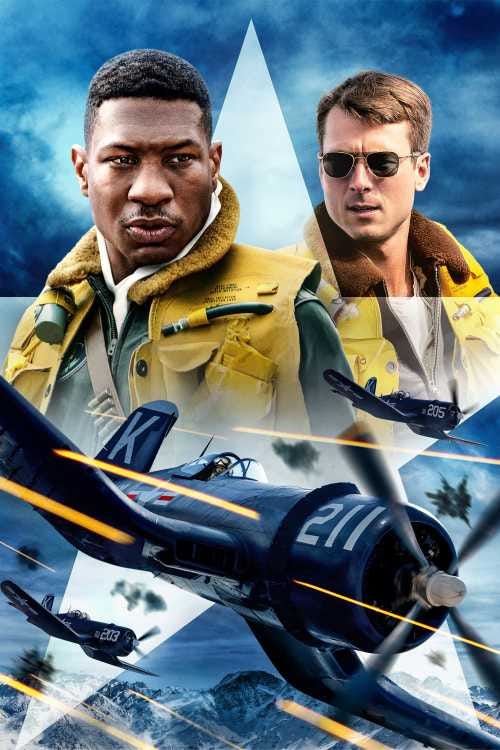Devotion opens on November 23. The war movie, like I, Tonya, Clint Eastwood’s Invictus, Richard Jewell and Sully and 2016’s rare, sterling Green Book, is based on true stories (and a book of the same name by Adam Makos). Like those movies, the film wraps itself around a wronged individual in history. But, like those pictures, it’s not a social justice—which means pseudo-justice—monstrosity. The story of friendship between two American Navy fighter pilots depicts man as a hero. It’s framed within the tale of two men with stark differences—one’s an academy pilot, the other’s not; one’s from the Deep South, the other’s not; one speaks a foreign language, one’s married, and, significantly, one’s black and so on—who share a single virtue: integrity.
Their loyalty to values and, eventually, to one another, fuels the true to life plot. Jesse Brown, America’s first negro Navy aviator, and his fellow fighter pilot, bond while training in Rhode Island. Devotion takes time to fully dramatize the…
Keep reading with a 7-day free trial
Subscribe to Autonomia to keep reading this post and get 7 days of free access to the full post archives.




